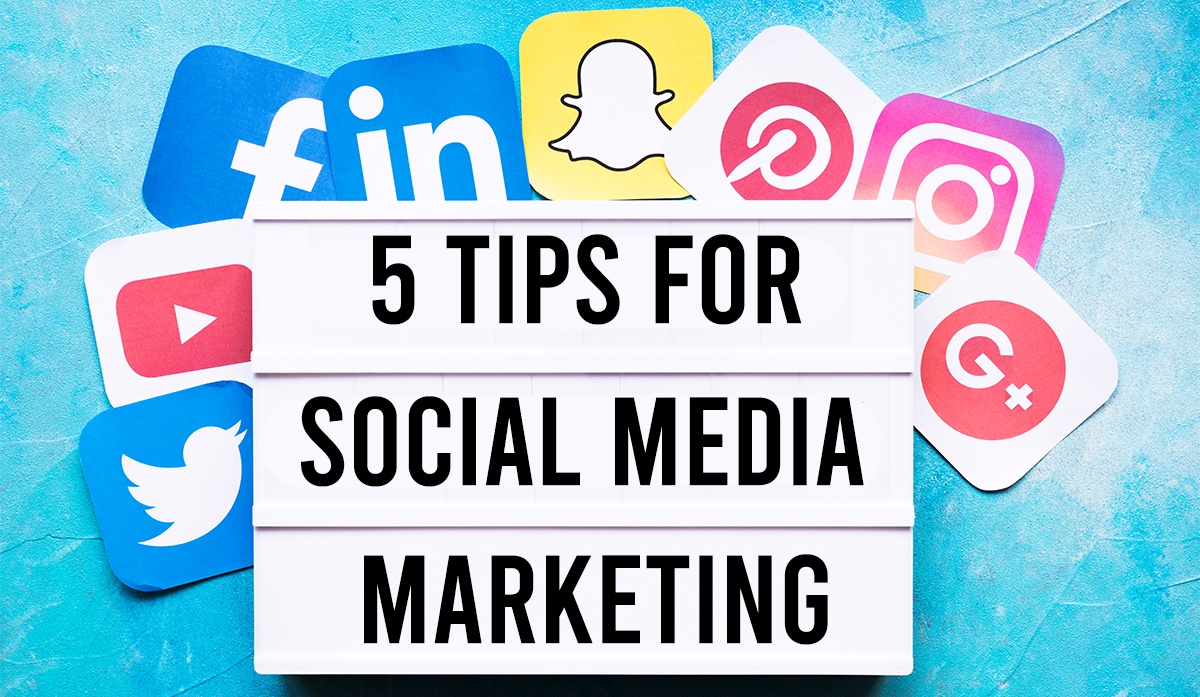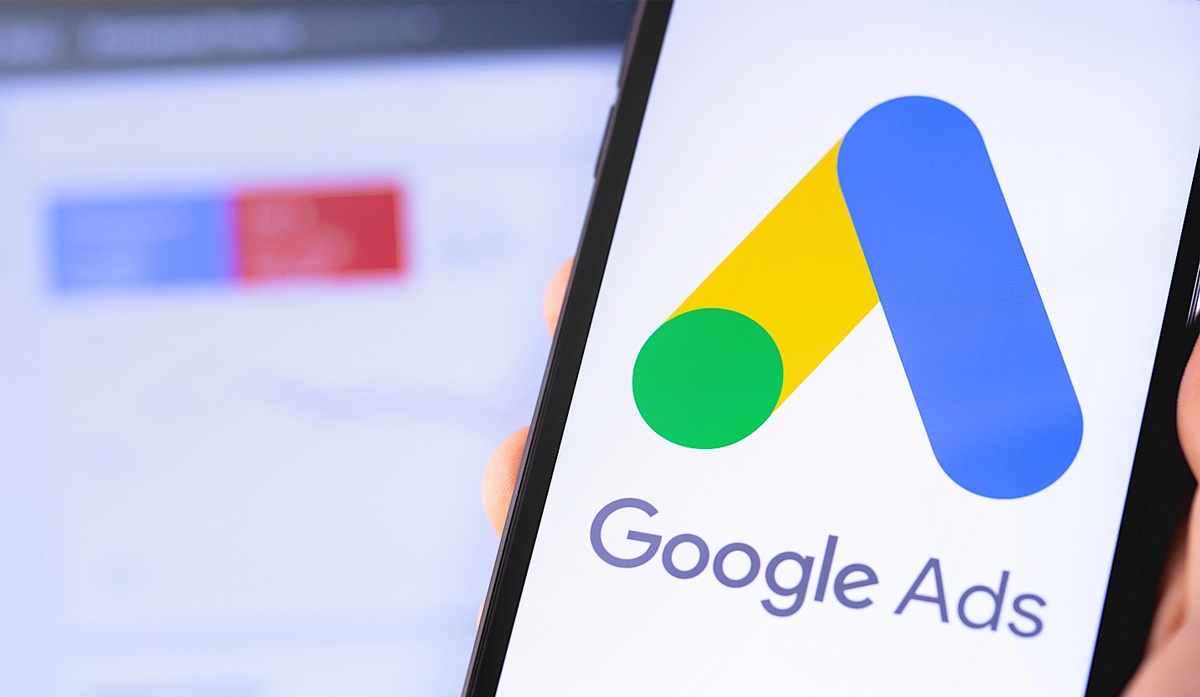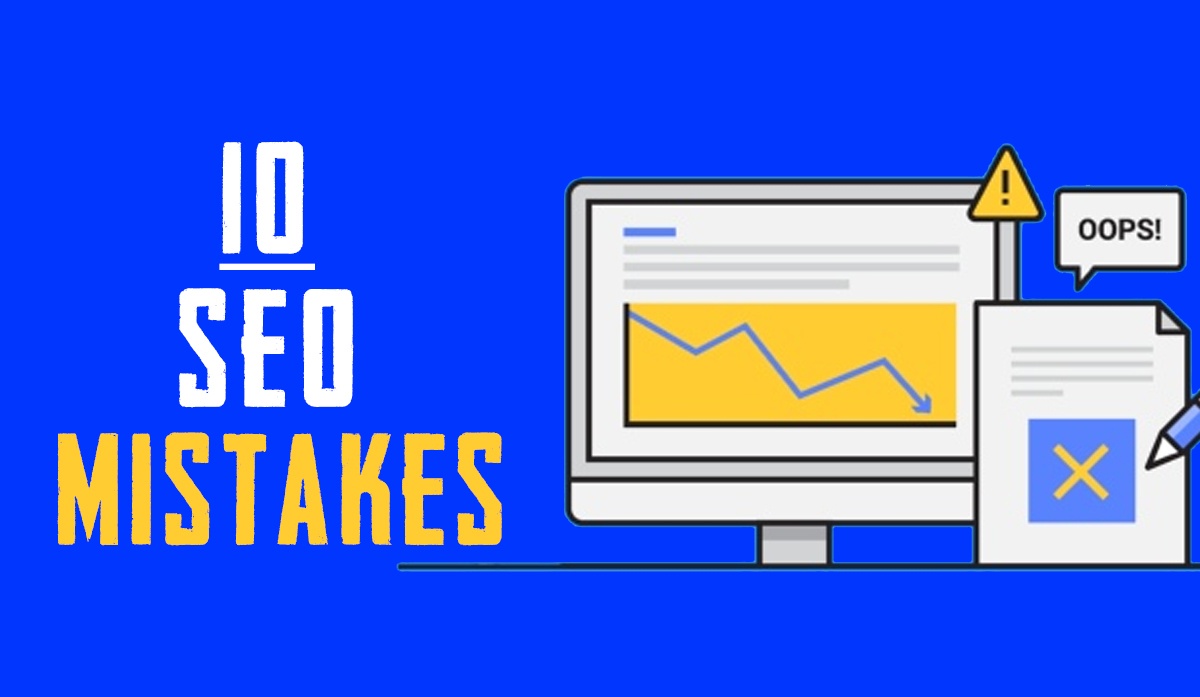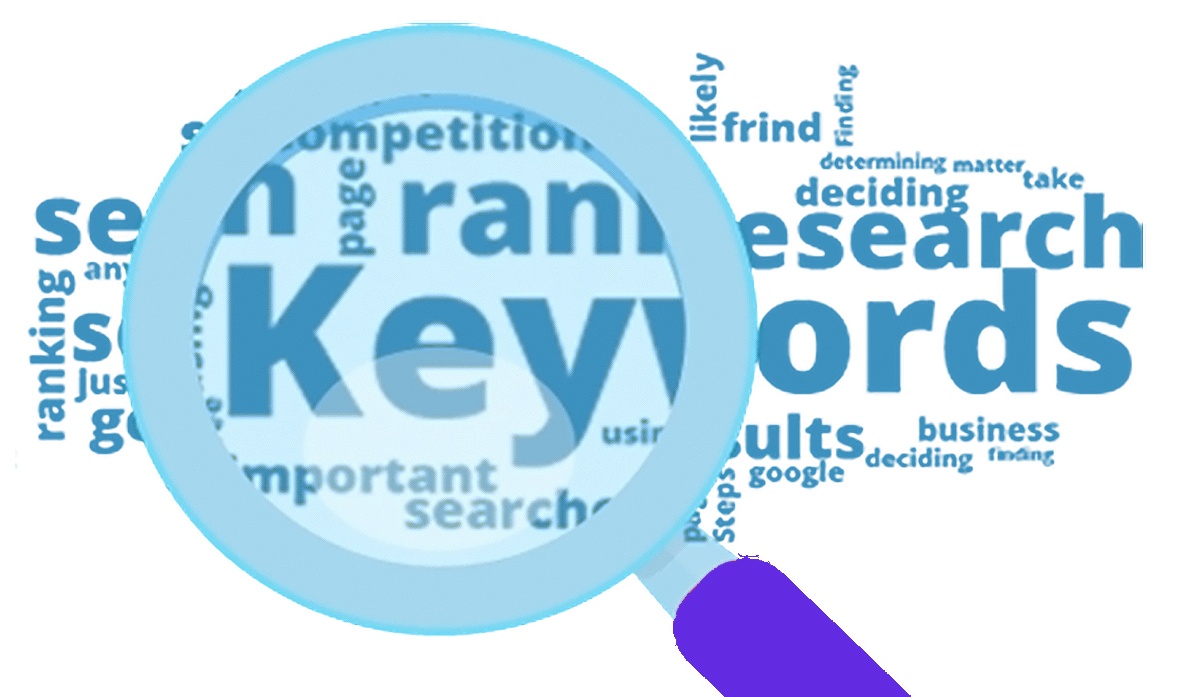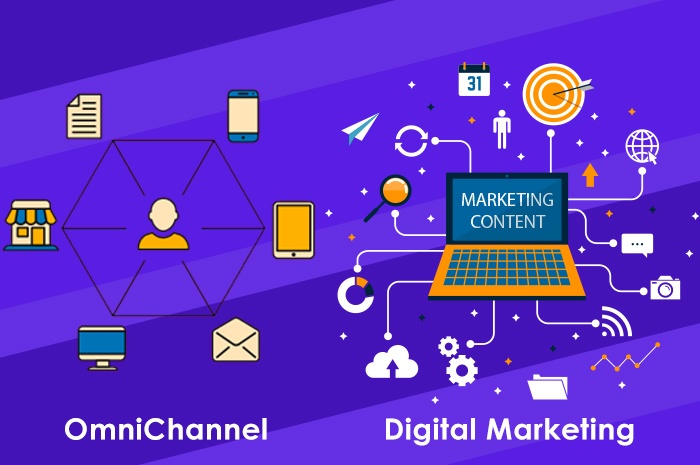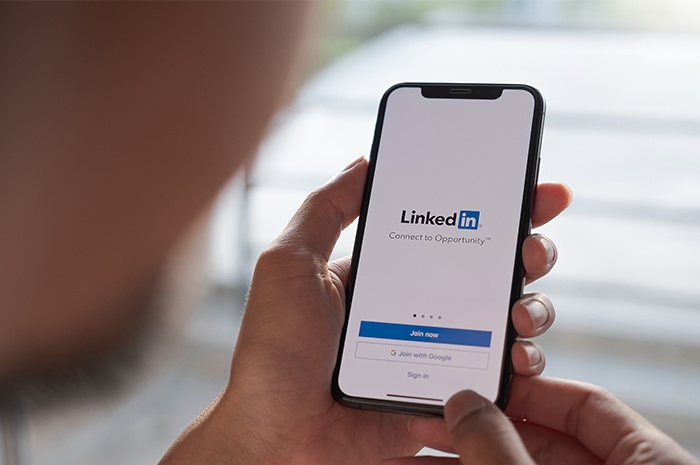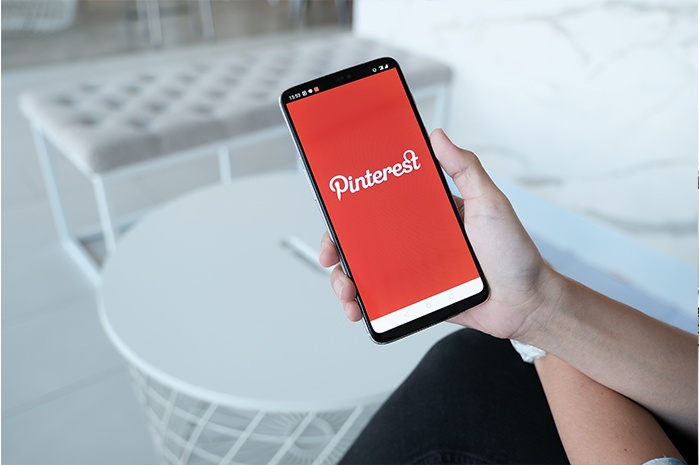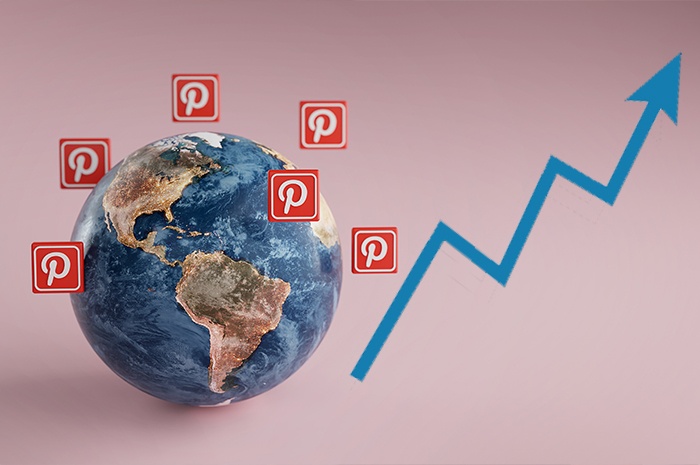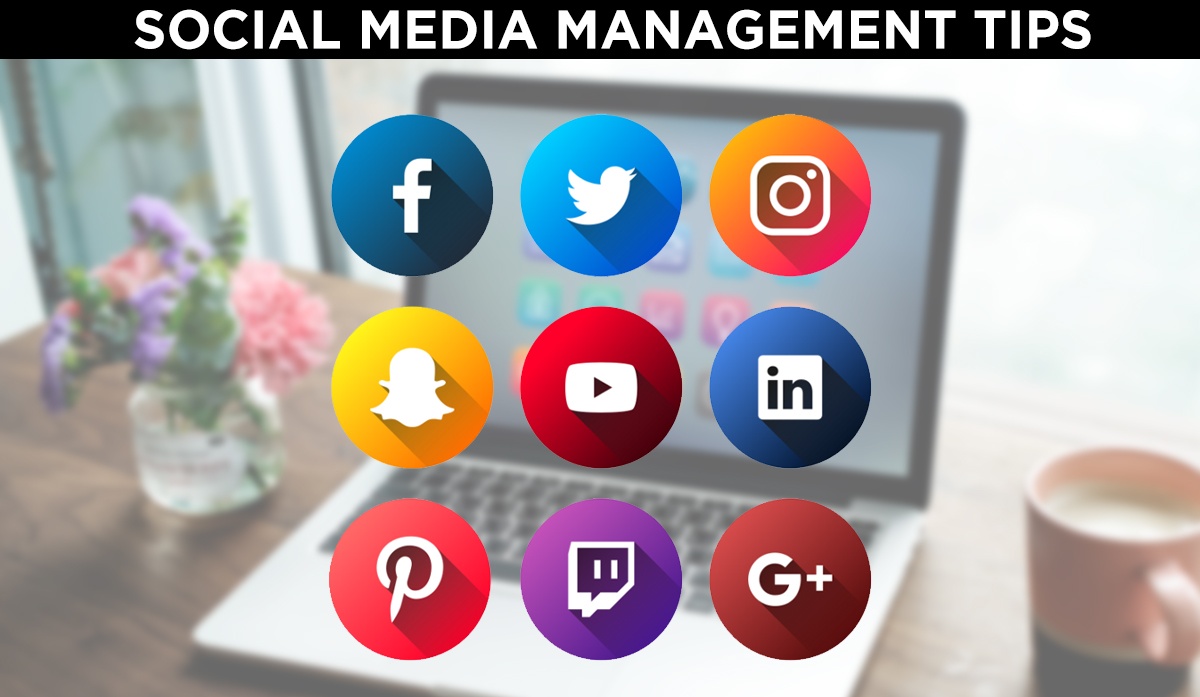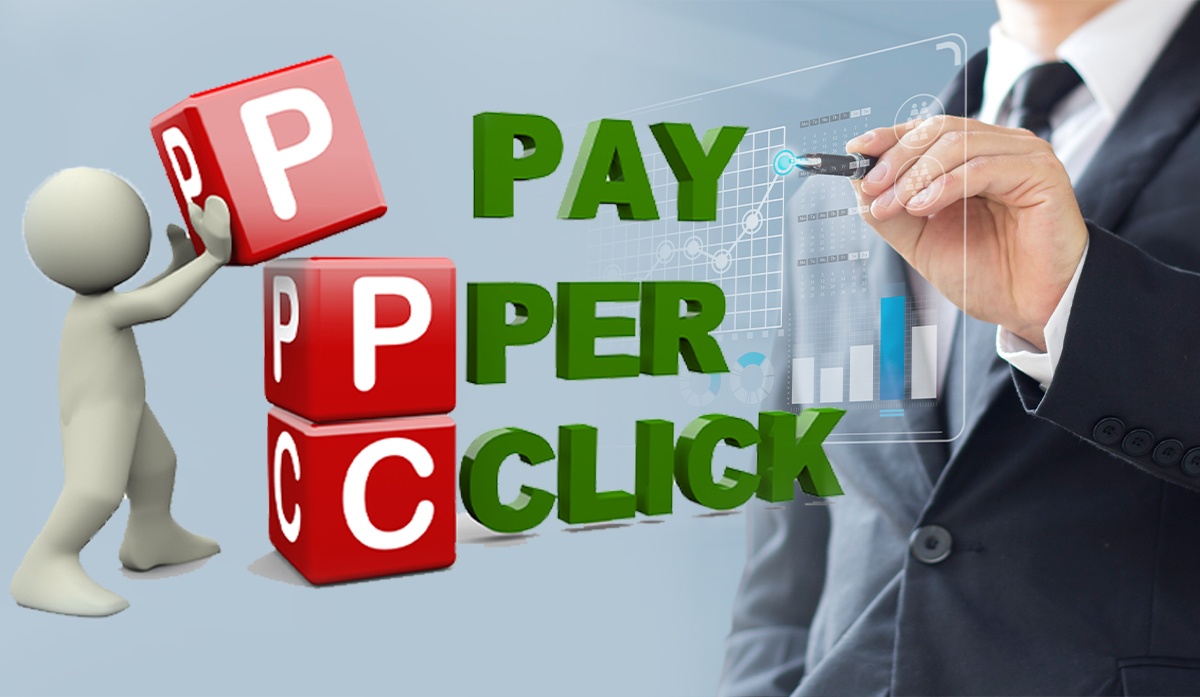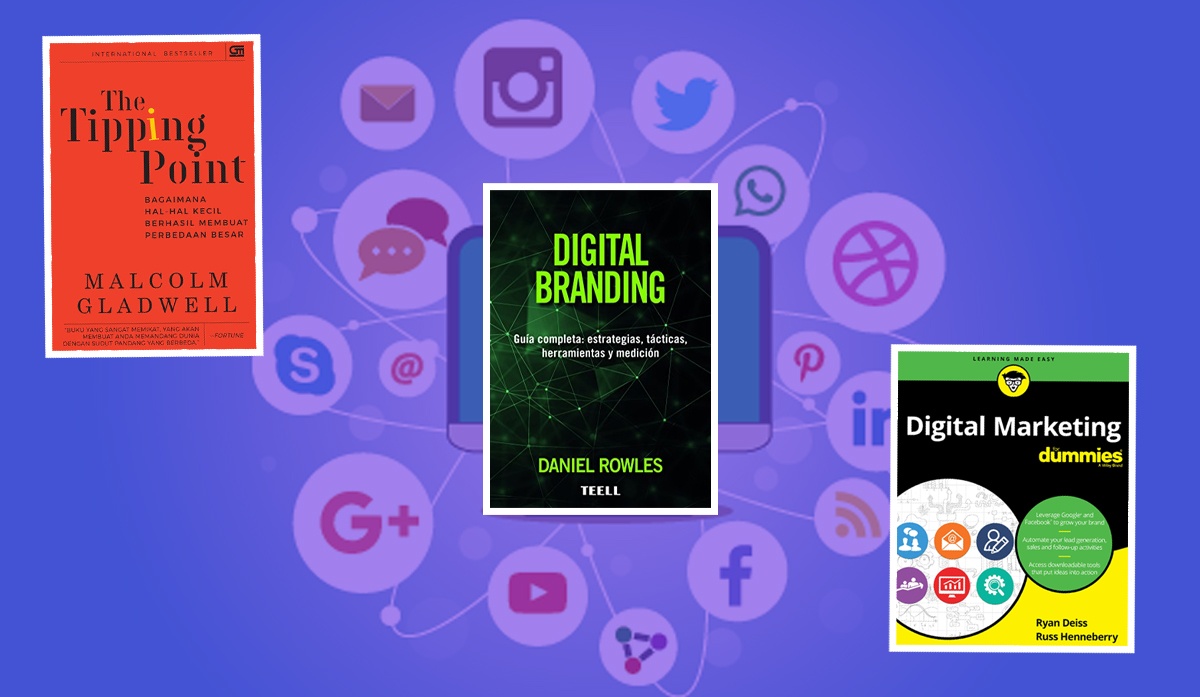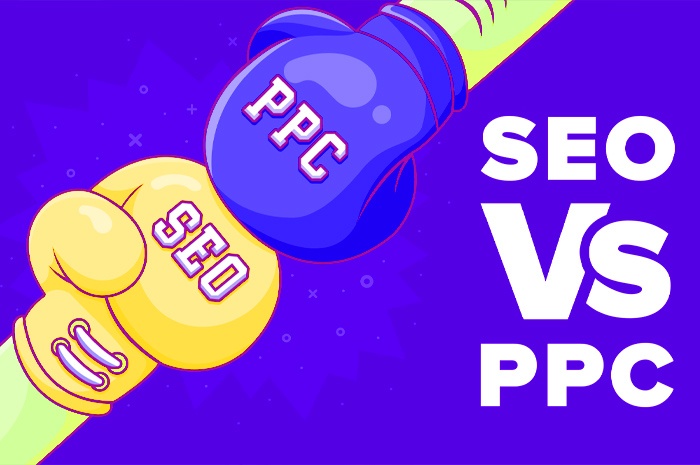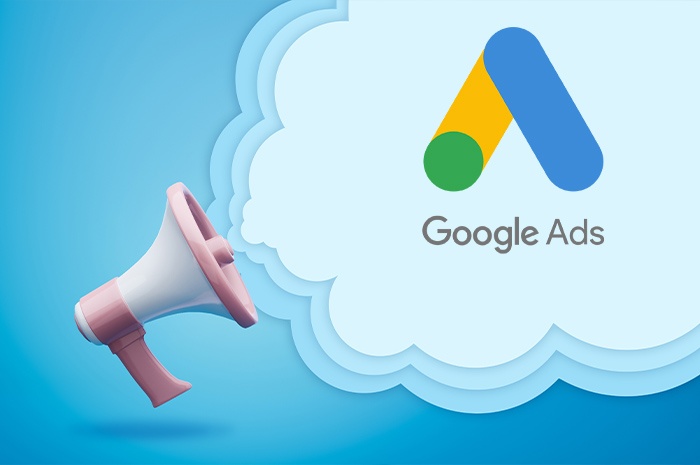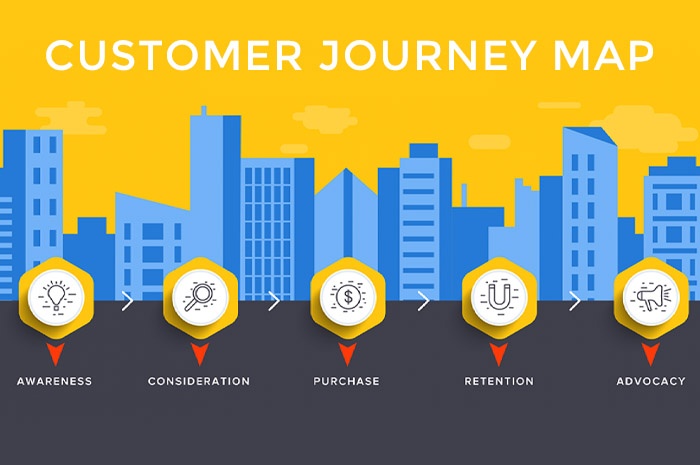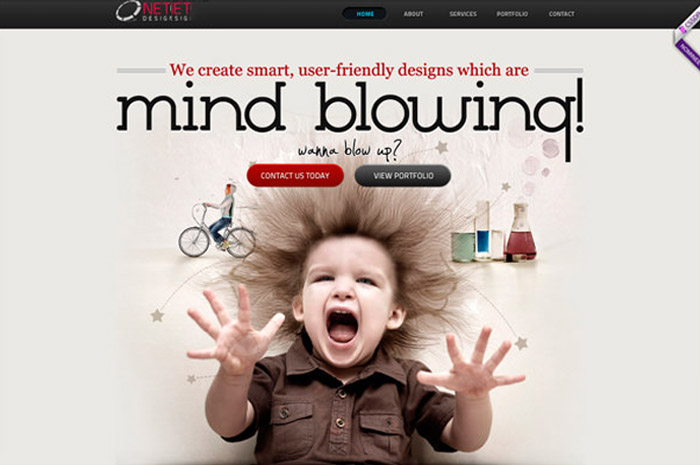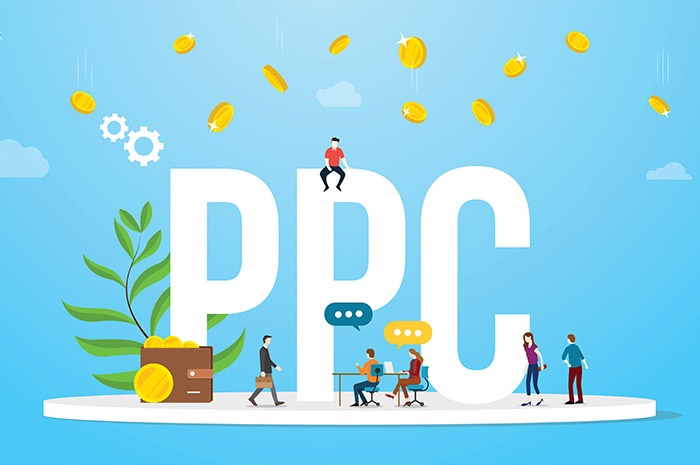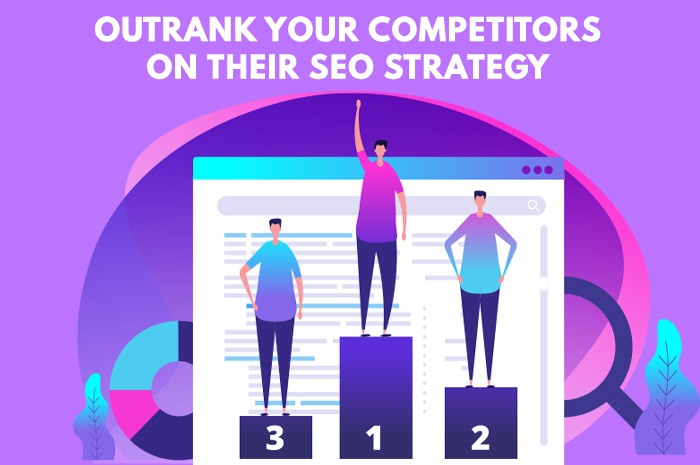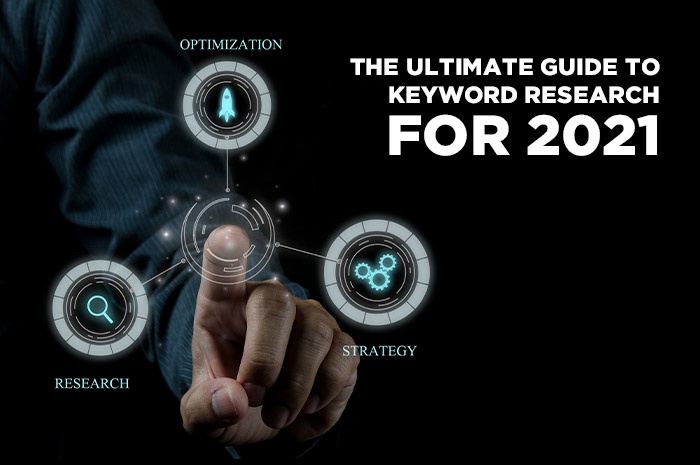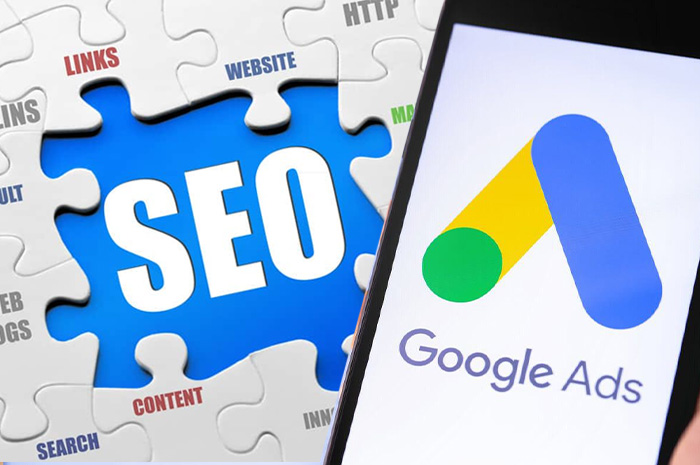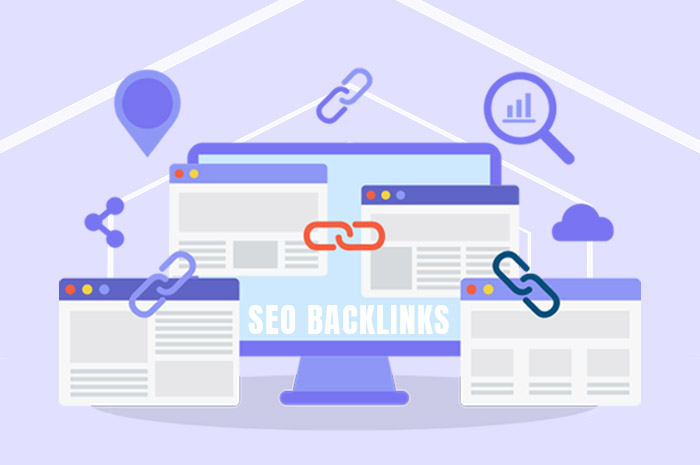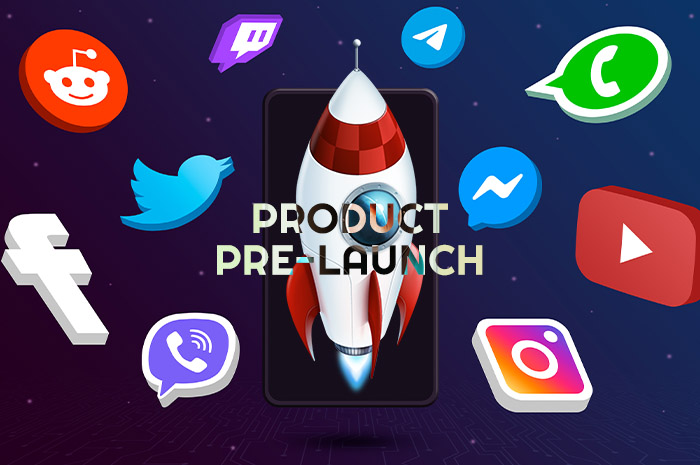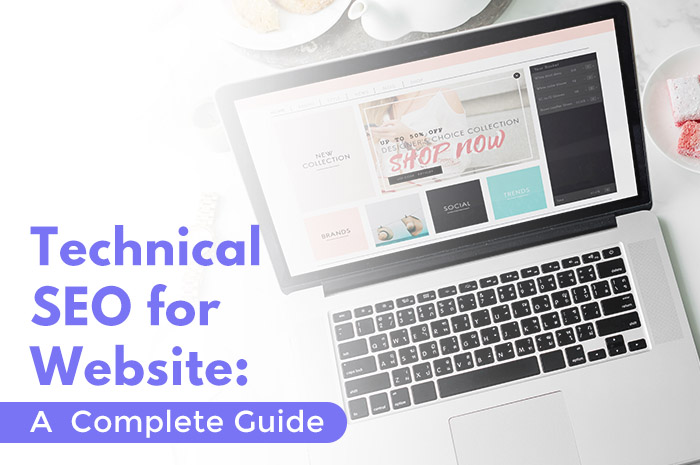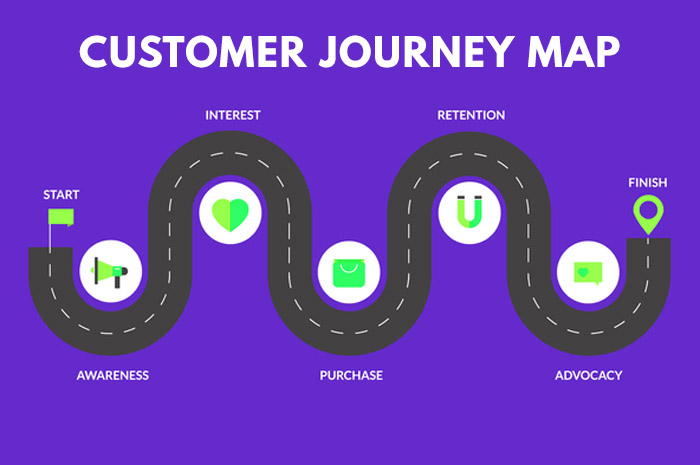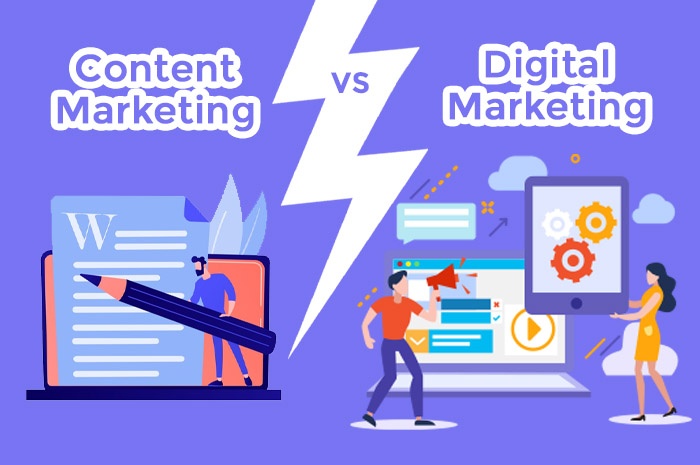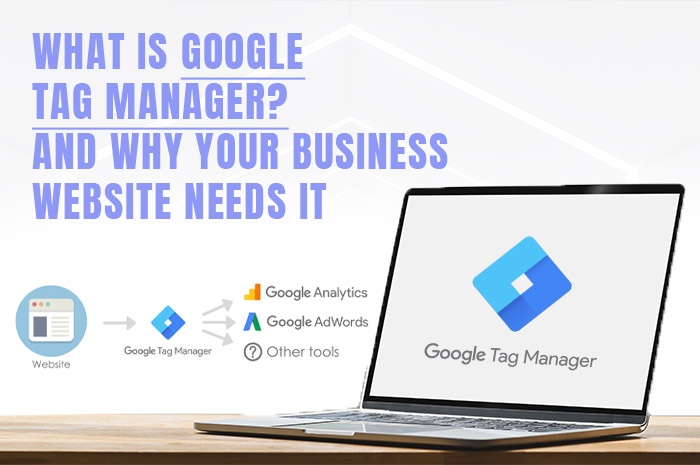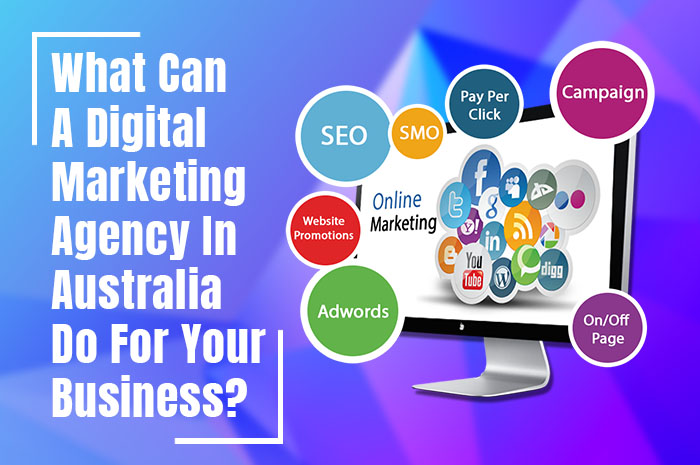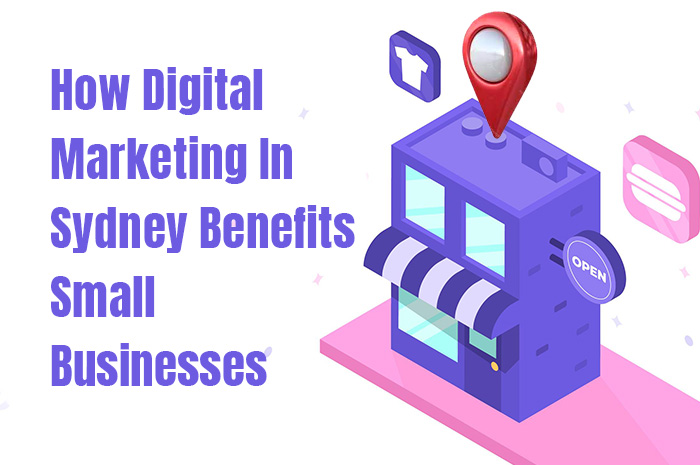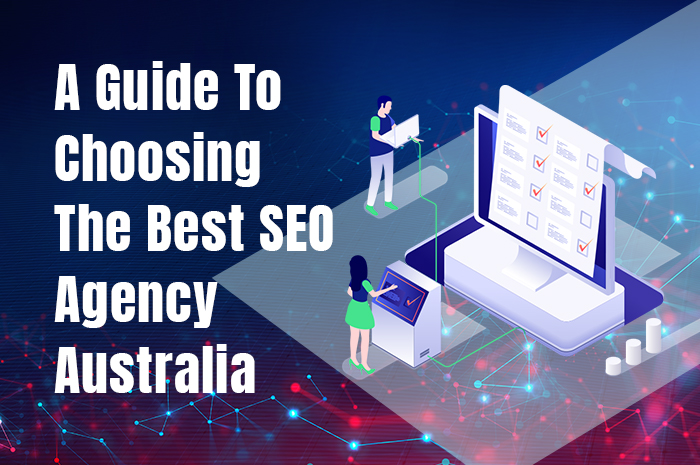How to Improve Your PPC Advertising ROI
By Digital Hub on March 17th, 2021
5min Read
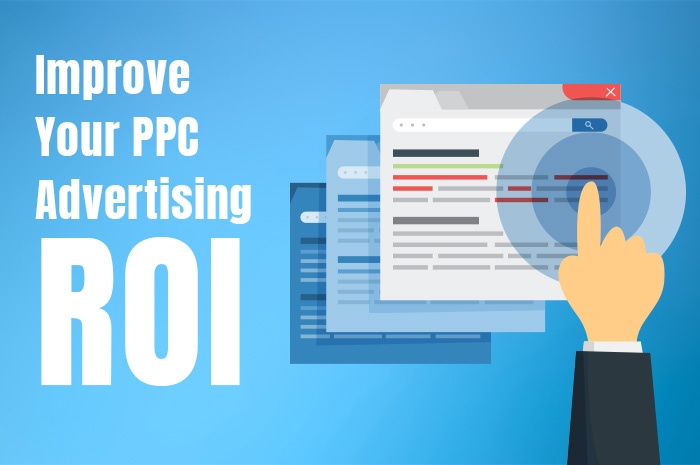
Digital marketing is the future. Its many avenues guarantee high returns on investment(ROIs). Pay per click advertising tops the list. If managed well, pay per click advertising (PPC Advertising ROI) can be very profitable. So then, how do you ensure a high PPC ROI?
Well, a digital marketing agency will no doubt help you make the most of PPC advertising. At Digital Hub Australia, for instance, we can help you optimise your PPC ads and run successful campaigns.
With the help of our PPC experts, we were able to gather a few tips you could use in improving the ROI of your PPC campaigns. Check them out below.
Understand Your Target Audiences
PPC is no doubt a profitable investment but you could miss out on its gains if you fail to do proper research in the conceptual stage. The trick to creating effective ads is to have a deeper understanding of the target audience.
Learn as much as you can about their needs and preferences. In fact, create a buyer persona and then tailor your PPC ad around it. Such an Ad will most definitely evoke the desired action(s) from your audience.
No matter what your goal is, from more sales to increasing subscriptions, the outcome will always be better when you target the right person.
Custom Landing Pages
Directing prospects to your homepage can be an ineffective approach when using PPCs. This is because homepages are usually filled with a lot of information. In this case, that’s too many options for a prospective customer.
Create custom landing pages specifically meant for your prospects. And don’t put in too many details. Just have enough information and details to prompt a reaction. You can experiment with different page styles and content layouts to identify the most effective ones.
Remember to include a compelling call-to-action. This increases the likelihood of a prospective customer making a business-related decision.
Well-designed custom landing pages will definitely double your PPC ROI.
Keyword Research
Keyword research is at the heart of just about any digital marketing campaign. It involves researching, analysing and picking the most appropriate keywords that will drive qualified traffic to your website. Rarely will a digital marketing strategy be successful without proper keyword research.
You could borrow the keywords from your SEO strategy and utilise them in creating your PPC campaign. Alternatively, you can do fresh keyword research tailored around your specific PPC campaigns.
This should not only be done at the onset of your PPC campaign but also throughout its duration so as to maximise the PPC ROI. How it works is that when users type in search words and phrases that relate to your business, the search engine will immediately suggest your PPC ads as well.
Experiment With Different Prices
Including prices in your ads is an excellent way to increase your PPC ROI. But this will only work if it is done effectively. We know you may have some concerns with this approach. Particularly issues to do with price ranges. After all, everyone wants high-profit margins.
But think about it this way. By including prices in your ads, existing and prospective customers will have an easier time making decisions about your product or service. It is like shortening the customer journey.
Make good use of techniques such as dropping prices. This can have plenty of benefits. For example, it increases purchase options for your customers. Conversion rates will also go up. In the end, this will have a significant impact on your PPC advertising ROI.
Utilise Resources By Optimising Your PPC Ads
Are you looking for a way to save on time and money? While managing your PPC campaign can be labour-intensive, there are great alternatives. Some platforms allow you to set up adjustments in advance.
Once the system notices the need for these adjustments, they’re automatically integrated into your PPC campaigns. You can then apply different bidding options, manage ineffective ads and generally control your overall budget.
For instance, if an ad or certain keywords aren’t performing well, you can pause. This leaves room for better performing ads, boosting your PPC advertising ROI.
Check Your Impression Share
If you’re new to PPC advertising, you may wonder what impression share means. Let me explain. An impression share is an overall number of impressions your ads receive, divided by the expected number you intended.
It’s a great way to know what your ads are missing. If the calculated result doesn’t meet your expectations, there may be something wrong with your advertising objectives e.g. low performing keywords. You should make needed changes and ensure your PPC ROIs are back on track.
Generally, it’s important to use performance metrics when measuring your PPC advertising ROI. This ensures effectiveness in sustaining your PPC campaign.
Keep An Eye On Your Change History Report
As your PPC campaign continues its cycle, you should make it a habit to regularly check your change history report. Change reports are a vital asset for any business. You can review your entire advertising history at a glance.
For instance, there may be changes that you made on different advertising features. This helps you know whether these changes are good or bad for your PPC advertising ROI.
You can then proceed to remove the negative changes. Good changes can be implemented in other ads and your overall PPC campaign.
Do You Have A Negative Keyword List?
It can be tempting to use effective keywords while neglecting ineffective ones. If you hope to gain higher PPC ROIs, you need to have a negative keyword list. This helps you focus on your target audience.
You also keep your ads away from prospects who may not necessarily convert to your customers. It’s an easy process. During your keyword research, including both positive and negative keywords. You can even exclude keywords that have frequent search results but don’t necessarily lead to high conversions.
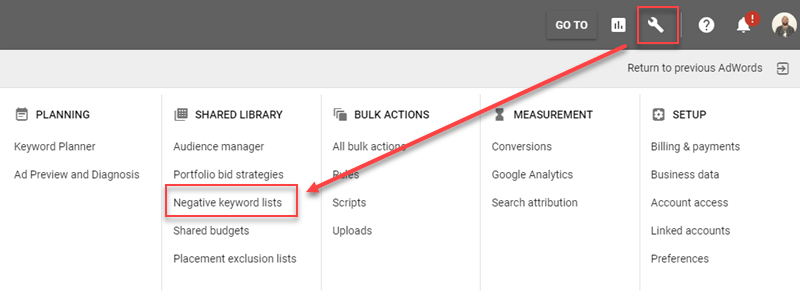
Optimizing Your Ads
Note that PPC advertising won’t give you all the working space in the world. It’s, therefore, important to maximise the use of text in your ad copy.
Go for short, precise content that immediately outlines your ad initiatives. Remember to also be more suggestive and to use content that directly speaks to your customers. This increases the likelihood of ad clicks and conversions and ultimately leads to better PPC ROI.
Aiming For Higher Positions Is Not Necessarily Effective
Most businesses perceive high rankings as the ultimate goal. Of course, this may work for SEO but it is not necessarily applicable to PPC advertising campaigns.
It may be tempting to want your business to dominate organic search results. This, however, may not have the best results for your advertising campaigns. Remember, you have competitor brands struggling for these high rankings too.
So try adjusting your bids and even leverage the low competition keywords. You’d be surprised to find that such a position has more ad clicks and conversion rates. This also means that you’ll spend less on managing your PPC ads. Over time, your PPC advertising ROI will go up.
Use An Effective Call To Action(CTAs)
Now that users see your ad, what next? What action would you want them to take next? Buy? Subscribe? Sign up?
This where a call to action comes in. Calls to action are essential for your PPC ads and landing page. They tell prospects and customers what you want from them.
Always be short and precise with your CTAs. Avoid using generic content, as users may easily get bored and scroll past your ad without giving it much thought. Instead, use compelling messages to appeal to your prospects e.g. Call or contact us today, visit our website for more details.
If your CTAs evoke action from prospects, you can count on PPC ROI being great for your campaigns.

Update Your Security Certificates
As technologies continue to evolve, search engines are making considerable efforts towards improving security. This helps users know what to click and what not to. If your site has expired or insecure SSL certificates, this will be bad for your business.
First of all, users will be hesitant when clicking your ads. This is because they will get the message that the site may cause potential harm to their device. Pop up warnings are also annoying and can fit the entire screen i.e. On mobile devices.
Insecure sites are also exposed to cybersecurity issues. Your PPC campaign could be ineffective at this point. Meaning your PPC ROI could dip. It’s therefore important to ensure your site’s security is up to date.
Include Ad Extensions
Ads are more than visuals and text. By including ad extensions, your ads become more interactive. They could be customer detail forms, location, or call buttons for mobile subscribers. This helps your ads stand out and have higher ROI potential. There are various ad extensions to include in your PPC campaign e.g.
- Site link extensions.
- Location extensions.
- Call extensions.
- App extensions.
- Review extensions.
- Search ad extensions.
When applied to your PPC ads, users will find your ads more engaging than others. Ad extensions also give you an edge over your competitor brands, thus boosting your PPC ROI.
Make Your Ads Time-Oriented
Timing in advertising matters a lot. For you to experience high PPC advertising ROI, your timing has to be right. It wouldn’t make sense to invest in a PPC campaign when organic traffic is slow or minimal. A PPC campaign would also be ineffective when users are offline.
In order to ensure you’re getting value for your resources, take advantage of peak hours or seasons. This ensures contact with online users and in turn, higher PPC ROIs.
Monitor Your Stats And Adjust
Digital marketing is all about constant monitoring and improvements. For you to conduct a successful PPC campaign, you need to keep an eye on your stats. Fortunately, there are a couple of ways you can measure and reevaluate the metrics involved in a PPC campaign. Some of these metrics are:
- Click-through rate (CTR)-This is the number of users that view your ads and click on them.
- Cost per conversion (CPC)- This is the amount of money you’ll spend on ads to create conversions.
- Conversion rate-This is the number of users that click on your ads and convert to customers.
These metrics will help you know how effective your PPC campaign is. A low conversion rate is a sign that you should make necessary adjustments. A high CPC, on the other hand, is also an indicator of needed improvements.
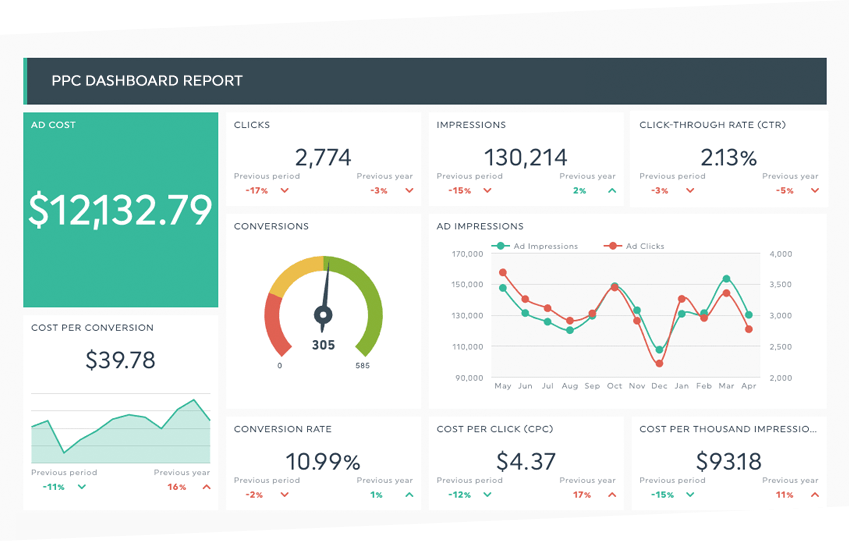
Go For The Long Term Option
A PPC campaign is a project that you should work on for a long period of time. Don’t be motivated by short term business initiatives and quick cash. Like any investment, it gets better as you move on.
Ensuring you take your time and effort to advertise your business pays off in the long run. First, users have access to quality ads and information regarding your website. Over time, you’ll learn the best practices to implement in your PPC campaign. This assures you of high PPC advertising ROIs for a long time to come.
Forget Everything
It’s all good to include the latest strategies in your PPC campaign. But this is only effective to a certain point. Note that your competitor brands are probably using the same PPC methods. This ends up creating ads that are similar and not unique. Think out of the box. Experiment with visuals, text and optimisation. This helps you create ads that are far more effective and guarantee higher PPC ROI.
To conclude, understand that there’s always a lot you can do to improve your PPC ROI. But even with the PPC tips, we have discussed so far, you are still guaranteed better results. So make good use of them. You are welcome to speak to our PPC experts at Digital Hub Australia for more ideas and help to execute these tips.
Also Read: How Pay-Per-Click Advertising Can Boost Your Digital Marketing Strategy































